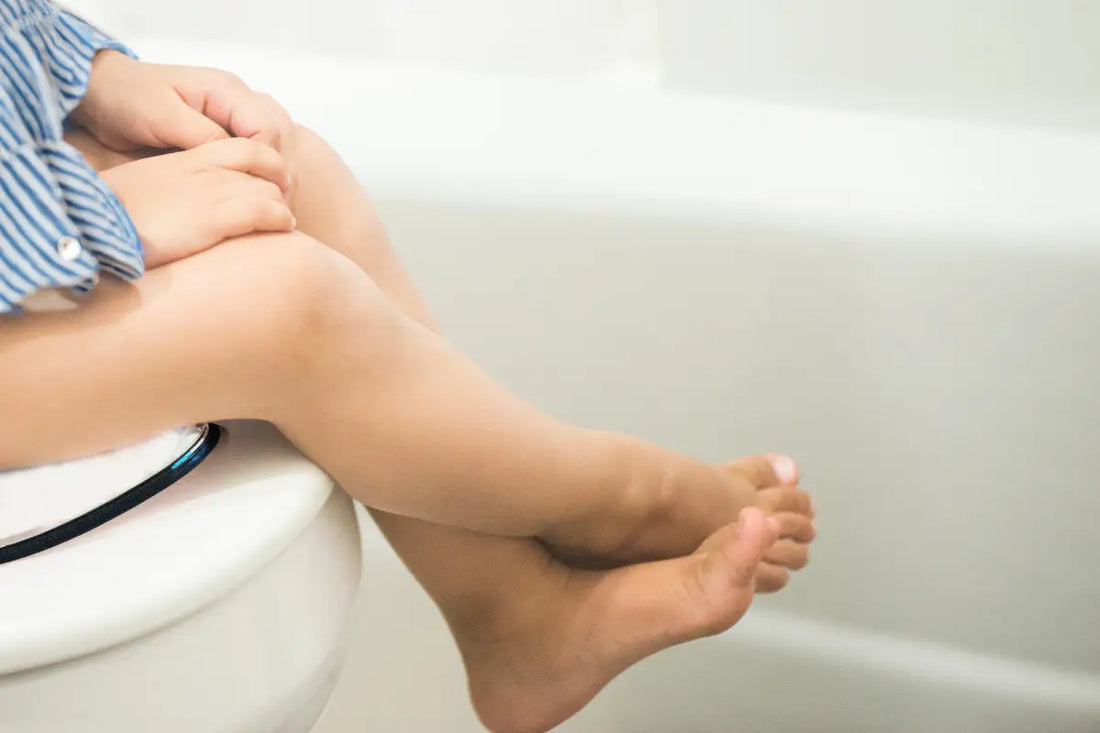
Potty training: A guide to a diaper-free life
Potty training: A guide to a diaper-free life
Potty training can be a big challenge, both for children and parents. It's not just about teaching the child to go on the potty, it's also about patience, understanding and support. Every child is unique and will react to potty training in their own way. But, no matter how difficult it may seem, remember that all children learn this. So take a deep breath and take it one step at a time!
Recognizes signs that the child is ready
Before you start potty training, it can be helpful to recognize the signs that your child is getting ready. Here are some signs to look out for:
- Your child can keep the diaper dry for at least two hours
- The child shows interest in the potty or toilet
- Your child can follow simple instructions
- The child shows discomfort when the diaper is wet or dirty
- Your child is showing signs of wanting to be more independent
Start potty training
When you have seen the signs that the child is ready, it may be time to start potty training little by little. Below we suggest some steps to follow to get started:
Create a positive atmosphere
Potty training should be a positive experience. Start by introducing the potty as part of the child's everyday life. Let the child sit on the potty with clothes on first, so they can get used to it. Use positive reinforcement and praise your child for every little progress.
Introduce routines
Routines are important when it comes to potty training. Have the child go potty at specific times during the day, such as after meals, before and after naps, and before bedtime. Be consistent with these routines.
Be patient and supportive
Potty training is a process, and it will be back to the diaper days. It is completely normal. Be patient and supportive. If your child has an accident, clean it up without making a big deal out of it. Let the child know that it is okay to make mistakes and that they can try again.
Dealing with challenges
Potty training is not always an easy journey. There will be challenges along the way. But with the right attitude and strategies, you can help your child overcome these challenges.
Fear of the potty
It is not unusual for children to be afraid of the potty or the toilet. It can be a big change from diapers, and it can be scary. If your child is scared, don't force them. Instead, try to make the potty a fun and exciting part of their day. Read a book or play a song while they sit on the potty. Also, let them see you or older siblings using the toilet, so they understand that it is a normal part of everyday life.
Resistance to potty training
Sometimes children may simply refuse to use the potty. They may not be ready, or they may just not want to. If this happens, take a step back. Give them some time and try again in a few weeks. And remember, potty training shouldn't be a struggle. It should be a natural, gradual process.
Frequently asked questions about potty training
When should I start potty training?
There is no exact age for when to start potty training. Each child is unique and will be ready at different ages. But most children start to show signs of being ready between 18 and 24 months.
If you want to start exploring the pot earlier, we can read about EC or potting for smaller children
How long does potty training take?
It is different for every child. Some children can learn in just a few days, while others can take months. The most important thing is to be patient and supportive throughout the process.
What should I do if my child refuses to use the potty?
If your child refuses to use the potty, it may be best to take a break. Try again in a few weeks. Sometimes children may need a little more time before they are ready to start potty training.
Potty training can be a challenge, but it's also an important milestone in your child's life. With patience, support and the right strategies, you can help your child become diaper-free and more independent. And remember to celebrate every progress along the way. Every small success is a step closer to a diaper-free existence. So don't give up, you and your child can do this!
